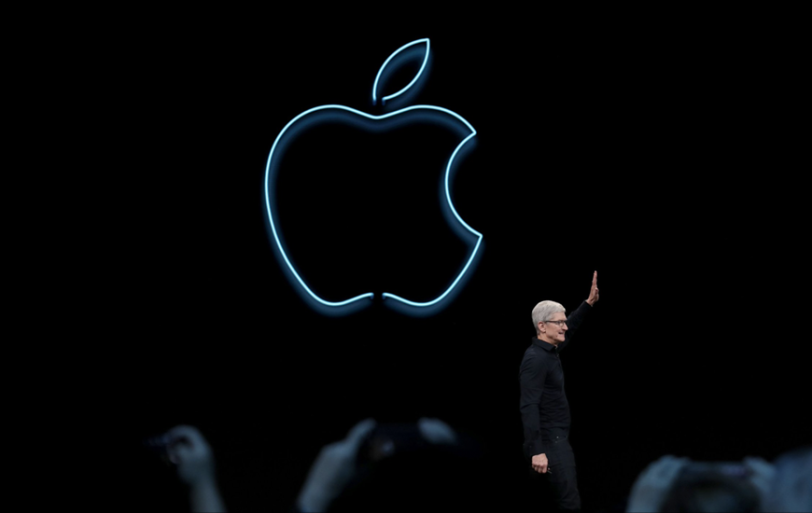Apple Launches Asocial Networking To Improve User Privacy

Date: April 02, 2024
Apple implements its asocial feature to bring user privacy back.
Apple announced its latest developments and some highlights of its new iOS13 at WWDC 2019 to reduce privacy issues everyday users face by sharing personal data on social media.
It’s nearly impossible to set parameters for social networks as they are always on a look out to get more views on their content and engage more people on ads. To prevent this breach of privacy, Apple introduced the concept of Asocial Networking at apple's WWDC 2019.
What is Asocial Networking?
In this new concept, Apple wants all iOS apps that require third-party sign-in options, such as Google and Facebook, to incorporate “Apple Sign-in” that lets users hide their emails from developers. This will ultimately protect them from receiving useless promotional emails.
Apple SVP, Craig Federighi, says “At Apple, we believe privacy is a fundamental human right and we engineer it into every single thing we do”. Introduction to this new concept proves that Apple is determenting Facebook and Google from breaching user privacy.
Photo Message Recommendations by Apple
Avoid sharing and posting your photos publicly and tagging people in it. Instead, send them through iMessages or emails.
Asocial Media Tools
1. Edit and Save Without Posting
Instagram offers useful tools to edit videos or photos, but you can't save them without posting the edited images. This makes way for Apple, as iOS 13 allows users to edit a photo or a video and save it without posting it on social media.
2. Memoji for iMessages
In iOS 13, Apple attempts to capture the users of Snapchat and Facebook by introducing Memoji that can be used as an avatar in iMessage threads and as a sticker. This will give close competition to Bitmoji and FB avatars.
3. Airpods Audio Sharing
No more link sharing for music. In iOS 13, users can directly share what they are listening by syncing their airpods with their friends’ airpods.
4. Sign In To Protect Privacy
Apple attacks Facebook and Google for leaking personal information to app developers to send relevant advertisements and promotional emails. But now, users can use Apple Sign-in. Since this uses Face ID to create a username and password to access third party, users can hide their email IDs. Also, Apple provides a random proxy address to directly block any future mails.
This might look really useful for users but it can cause serious loss to developers as they might lose their user-base and miss out on promotional activities. Nevertheless, a silver lining and safer web browsing experience for Internet users!

By Arpit Dubey
Arpit is a dreamer, wanderer, and tech nerd who loves to jot down tech musings and updates. With a knack for crafting compelling narratives, Arpit has a sharp specialization in everything: from Predictive Analytics to Game Development, along with artificial intelligence (AI), Cloud Computing, IoT, and let’s not forget SaaS, healthcare, and more. Arpit crafts content that’s as strategic as it is compelling. With a Logician's mind, he is always chasing sunrises and tech advancements while secretly preparing for the robot uprising.
// Recommended
Pinterest Follows Amazon in Layoffs Trend, Shares Fall by 9%
AI-driven restructuring fuels Pinterest layoffs, mirroring Amazon’s strategy, as investors react sharply and question short-term growth and advertising momentum.

Clawdbot Rebrands to "Moltbot" After Anthropic Trademark Pressure: The Viral AI Agent That’s Selling Mac Minis
Clawdbot is now Moltbot. The open-source AI agent was renamed after Anthropic cited trademark concerns regarding its similarity to their Claude models.

Amazon Bungles 'Project Dawn' Layoff Launch With Premature Internal Email Leak
"Project Dawn" leaks trigger widespread panic as an accidental email leaves thousands of Amazon employees bracing for a corporate cull.

OpenAI Launches Prism, an AI-Native Workspace to Shake Up Scientific Research
Prism transforms the scientific workflow by automating LaTeX, citing literature, and turning raw research into publication-ready papers with GPT-5.2 precision.

Have newsworthy information in tech we can share with our community?







